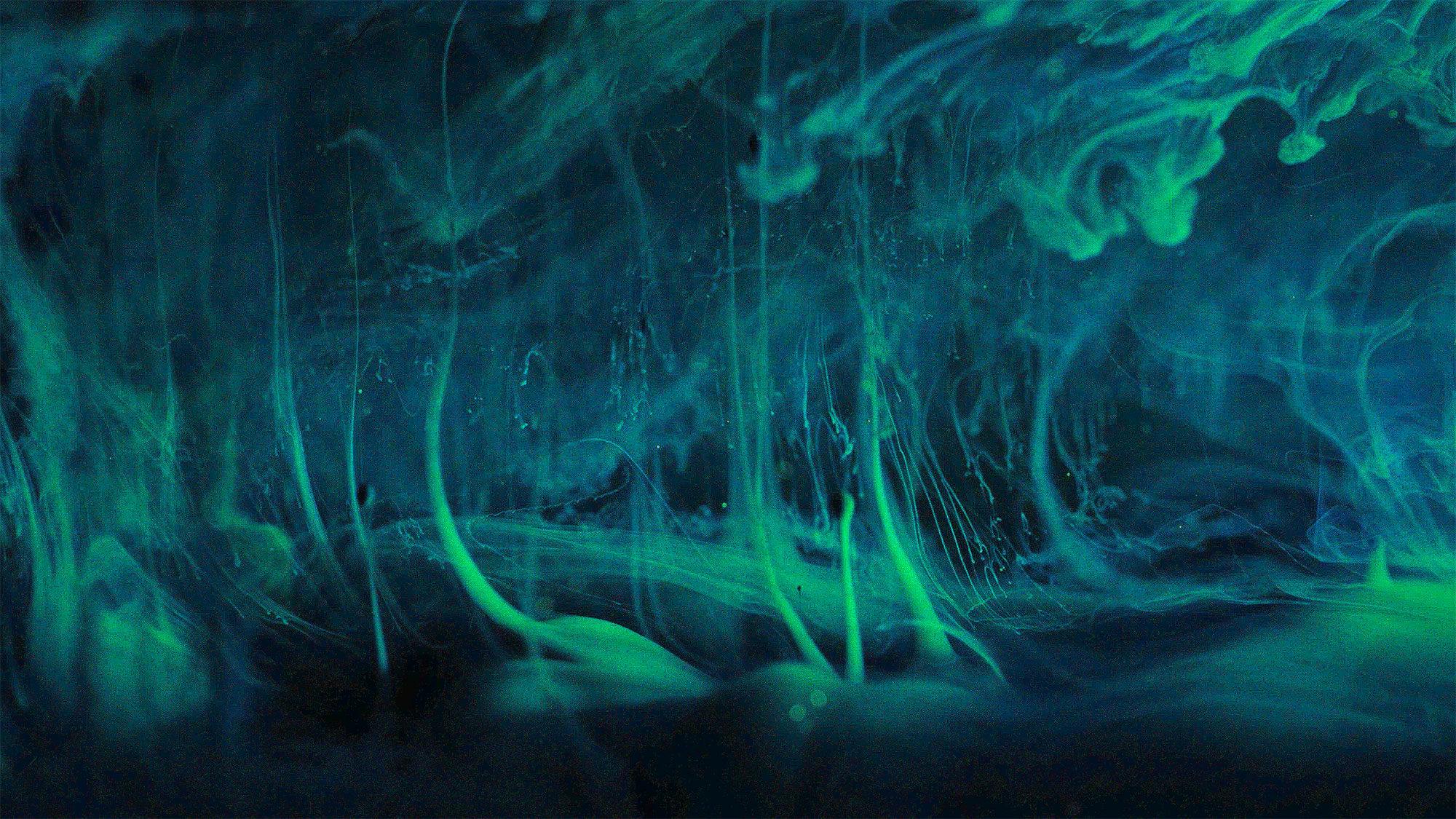Latest News
Call for participants for Crysalis and Plymouth College of Art ‘Rejuvenating Craft’ project
Monday, 3 March, 2014 — Experimental project aims to to explore how hand-made processes and craft skills can collide with new technologies to create new products.
<p><strong>Plymouth College of Art and the Crysalis project are calling for participants for a new experimental project aiming to explore how hand-made processes and craft skills can collide with new technologies to create new products</strong></p>
<p>‘Rejuvenating Craft’ is inviting textile crafts practitioners to use their hand making knowledge and sensibilities in the context of new/modern technologies to design and produce new products - with the deadline for submissions Friday 14 March.</p>
<p>The full brief can be found below. Proposals should be made by email to Paul Singleton at psingleton@pca.ac.uk</p>
<p><strong>Introduction</strong></p>
<p>Following the 3rd Making Futures Conference – Interfaces between Craft, Knowledge and Design, September 2013, Plymouth UK- Plymouth College of Art and the Crysalis project are preparing to stage an experimental project.</p>
<p>In the context of a growing interest in ‘craft skills’ and trend predictions which highlight craft and hand-made processes, this project aims to move ‘craft attitudes’ forward by inviting textile craft practitioners to forge a new relationship with technology.</p>
<p>The focus of this experimental project is to invite textile crafts practitioners to use their hand making knowledge and sensibilities in the context of new/modern technologies to design and produce new products. Proposals are invited from all textile craft disciplines.</p>
<p><strong>Project Theme</strong></p>
<p>The over-arching theme of this, experimental project is, ‘Rejuvenating Craft’.</p>
<p>The ‘Trend Forum’ of the Heimtextil exhibition, January 2014, highlighted four inspirational topics for development in 2014/15. These themes are:</p>
<p>1. GENERATE COLLISION<br />2. ENGINEER NATURE<br />3. EXALT PURITY<br />4. REJUVINATE CRAFT</p>
<p><strong>Project Aim</strong></p>
<p>The aim of the project is to explore how hand-made processes and craft skills can collide with new technologies to create new products. We want to explore the role new technologies play in enhancing rather than replacing craft practices and how craft-based practitioners are well placed to push the boundaries of technology.</p>
<p>The project coordinators are keen to see a ‘product‘ as a clear target for development rather than a project, which would conclude with a series of samples unrelated to a specific product. The craft maker’s move into new technologies and focus towards a tangible ‘product’ are the targets and motives which lie behind this project.</p>
<p><strong>Your Proposal</strong></p>
<p>You are invited to submit a project proposal which uses new technologies and processes to build upon your current textile craft practice to produce a new product/product range.</p>
<p>You are required to link your proposal to one of the four themes outlined above.</p>
<p>Your proposal should include your CV, a maximum two x A4 sheets of text and up to five supporting images. Please indicate within your proposal the technical facilities and support you will require.</p>
<p>Your proposal should be made by email to psingleton@pca.ac.uk</p>
<p>The submission panel will consist of artists and designers from Plymouth College of Art, members of the European ‘Crysalis Project’ and external advisors. The panel will select six entries to take forward through the development and production stages.</p>
<p><strong>Project Timings and Deadlines</strong></p>
<p>The deadline for submission is Friday 14th March 2014. Confirmation of selection will be made by 26th March 2014.</p>
<p>Online technical consultations to develop your proposal will take place in April 2014 (max three).</p>
<p>Participation in a two-day making event to produce the product will take place 21st and 22nd May 2014.</p>
<p>Fundamental to your proposal should be a clear path of exploration from hand-making to production via modern technological methods. Equally important, will be the projected outcome, introducing ‘design’ and ‘product’ into the pathway and conclusion of the project.</p>
<p>The project will be coordinated by Plymouth College of Art, who will offer the following technologies and facilities:</p><ul><li>AVA digital software</li><li>Large format contact digital scanner</li><li>Tufting gun</li><li>Digital embroidery</li><li>Sewing machines</li><li>Knitting machines</li><li>Laser cutting</li><li>Dye sublimation</li><li>Epson surecolour</li><li>Mimaki Digital Print for fabric (reactive)</li><li>Screen printing</li><li>5 meter print table with registration</li><li>Transfer printing</li><li>Dye lab facilities – reactive, disperse, acid, indigo and rust, discharge, colour discharge, devore, flock, foil, gloss</li><li>Large steaming facilities</li><li>Stream setting</li><li>Expandable print paste</li><li>Crimp/acid effect</li><li>Embossing</li></ul><p>In addition, Plymouth College of Art will set up an on-line ‘base camp’, for exchange of ideas, information visuals and project updates during the development stages.</p>
<p>The project is a European funded initiative through the Crysalis project. As such, support is available for travel and accommodation costs to enable participation.</p>
<p>Plymouth College of Art will document the development of the project via photo, video and online platforms for the purpose of promoting the collaboration and project outcomes. An exhibition relating to the project and outcomes will be included in the Crysalis closing event in September 2014.</p>
<p>Crafts practitioners are welcome to contact the project coordinator, Paul Singleton, for any additional information or discussion prior to submission.</p>
